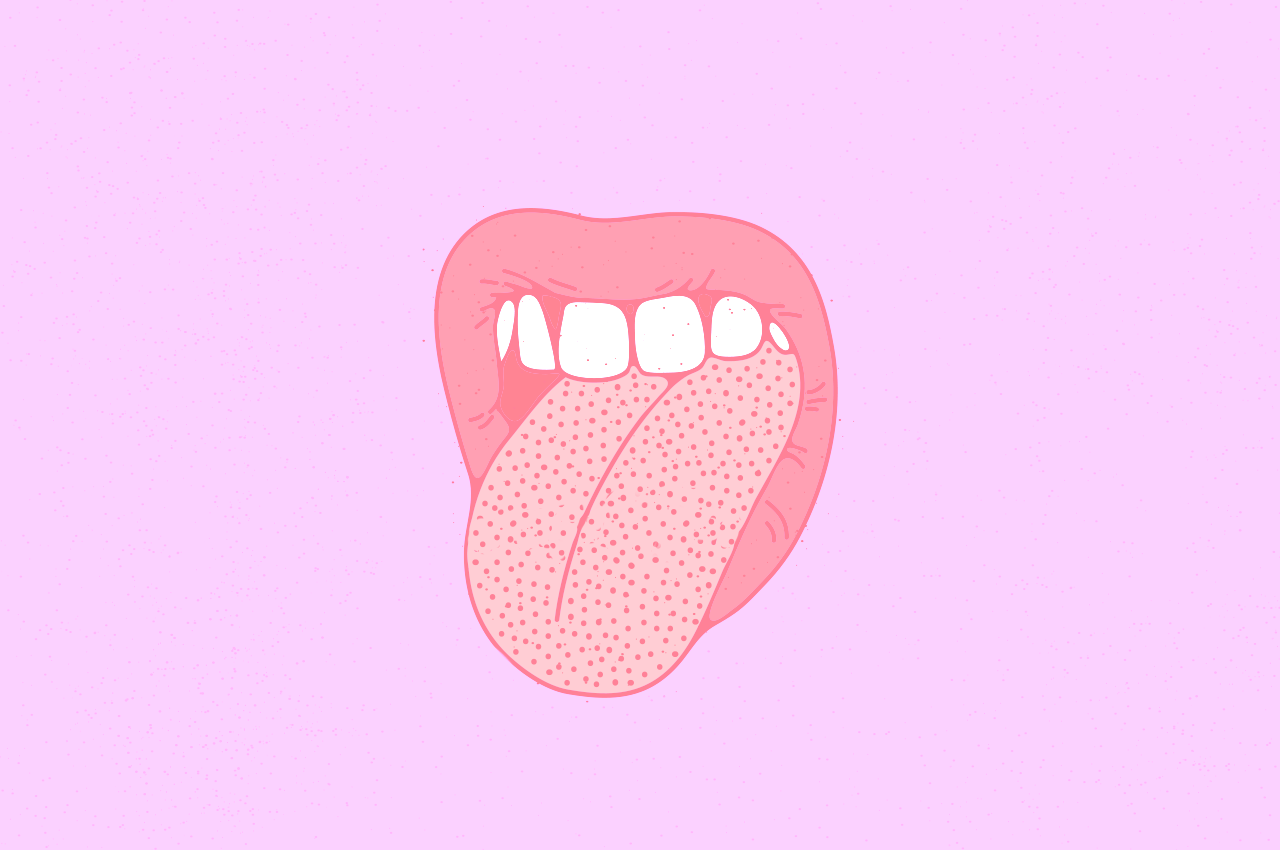Aside from adjusting to your new life on campus and being away from home, you’re also faced with health problems as you interact in a different environment and with people from unique backgrounds.
Your campus student health centre or clinic should be the first place you visit when you have healthcare needs.
Here are five health problems you should know about:
The common cold or influenza
As a student, the common cold or flu is one of the main health issues you’ll face. Viruses that cause colds and flu are spread when you breathe them in after someone has been coughing or sneezing next to you, or by rubbing your eyes or nose after you have been in contact with a sick person.
Try and stay away from a friend with a runny nose and always wash your hands avoid picking up the virus.
Symptoms of a common cold are:
- Dry cough with a sore throat.
- Fatigue and muscular aches.
- Frequent sneezing and coughing.
- A blocked nose.
- High temperature with a headache.
- Running or blocked nose.
- Stomach-related problems like diarrhoea, vomiting or nausea.
Prevention is better than cure. Get a flu vaccination at your campus clinic.
Bad breath
Bad breath is the last thing you want your friends to remember you for! If you suffer from this unfortunate issue, there’s a reason why. Breath problems are usually caused by a build-up of plaque on your teeth which results in a gum infection.
Other culprits include:
- Tonsil infection.
- Inflammation of the gums.
- Hormonal changes.
- A dry mouth.
- Crash diets.
- Tooth decay.
- A sore throat or postnasal drip.
Fight bad breath with good dental hygiene. Still, it’s best to see a dentist to check for underlying issues. Remember to floss regularly and brush your teeth and tongue twice a day. Lay off the cigarettes, and, if your mouth tends to get dry, pop a sugar-free mint or chewing gum to get that saliva flow going.
STDs
It’s important to be aware and proactive about STDs and your sexual. Sexually transmitted diseases are spread from person to person during any sexual activity. You should always practise safe sex! Use a new condom every time you have sex; this includes oral sex too. To avoid contracting STDs make sure you get tested regularly. Get tested as soon as you experience any symptoms or if your current or former partner has been diagnosed with an infection.
Symptoms:
- A rash in the genital area.
- Burning and painful urination.
- Pain during sex.
- Discharge (thick or thin leakage from the vagina or penis)
- Itching in the genital area.
- Vaginal blisters or blisters in the genital area
Many sexually transmitted diseases don’t have immediate or obvious symptoms, so the smart thing to do is to get tested. Don’t wait too long to see a doctor should you experience any symptoms. If treatment begins early enough, you can be cured.
Mental health
Your psychological, emotional and social wellbeing at university will always be tested. This will affect the way you think, feel, and act. This could result in isolation which might affect your studies. If you feel you’re depressed or suffering from anxiety, talk to a friend or family member and see a campus psychologist.
Strep throat
Sore throat? You could have Strep throat, a contagious bacterial infection. When a person who has strep throat breathes, coughs or sneezes, tiny droplets with the strep bacteria go into the air. If these happen to land on you, you could be infected. Its symptoms usually begin within two to five days after you encounter the infected person.
Symptoms:
- A sever and onset sore throat.
- High temperature.
- Pain when you swallow.
- Inflamed tonsils and lymph nodes.
- Yellow or white spots on the back side of a red and inflamed throat.
Because you’re highly contagious, it’s best to stay at home to avoid spreading it to others. Use tissues you can throw away instead of handkerchiefs, wash your hands often, and don’t sneeze or cough on others. See a doctor; strep throat is usually treated with antibiotics to help you feel better faster.
References:
- https://buzzsouthafrica.com/top-9-most-awkward-south-african-health-issues/
- https://www.npr.org/sections/health-shots/2010/08/31/129562240/top-5-college-health-issues-this-year
- https://www.mouthhealthy.org/en/az-topics/h/halitosis
- http://www.prioritystdtesting.com/blog/stds-in-college/
- https://www.who.int/news-room/fact-sheets/detail/sexually-transmitted-infections-(stis)
- https://www.uofmhealth.org/health-library/hw54745






